健康与社会文学士学位
Bachelor of Arts in Health and Society

学历文凭
Bachelor Degree

专业院系
Faculty of Liberal Arts and Professional Studies

开学时间

课程时长

课程学费

国际学生入学条件
Students need to have: Ontario Secondary School Diploma (OSSD); Six 4U/4M courses, including ENG4U, NBE4U or FRA4U. Students from other countries should have country specific requirements equivalent to Canada.
Accepted Language Tests and Scores
TOEFL Test of English as a Foreign Language iBT: 88
IDP—雅思考试联合主办方

雅思考试总分
6.5
- 雅思总分:6.5
- 托福网考总分:88
- 托福笔试总分:160
- 其他语言考试:Duolingo - 120.
CRICOS代码:
申请截止日期: 请与IDP联系 以获取详细信息。
课程简介
The Health & Society (HESO) Program provides students with a toolkit for understanding health and illness, both as lived realities and as reflections of larger social, cultural and political processes, on a scale ranging from the interpersonal to the international. We value the kind of practical knowledge gained from experiential learning and seek to combine this with the development of rigorous critical analysis. Taken together, the courses that comprise a HESO degree give students a truly comprehensive understanding of health.Our dedicated faculty bring diverse perspectives by applying an interdisciplinary approach, drawing from fields like sociology, political science, economics, cultural anthropology and social history. Our graduates are open to career paths or further studies in areas such as policy, community-based programs, supporting marginalized groups, the healing capacity of art, Indigenous and refugee health and journalism.Study of the application of medicine within economic and social agendas.Examine various issues and dilemmas facing modern health policy creation, implementation and improvement, both in Canada and on the global scale.Learn to express yourself in written position statements and in oral discussions and presentations.Understand the political, anthropological and economic aspects of the ideas of “illness” and “wellness” in contemporary societies.
相关申请
 预科
预科 奖学金
奖学金 实习机会
实习机会 在校学习
在校学习 跨境学习
跨境学习 校园授课-线上开始
校园授课-线上开始 在线/远程学习
在线/远程学习
开学时间&学费
学费信息仅供参考,请与IDP联系以获取详细信息
| 开学时间 | 时长 | 学费 | 地点 |
|---|
学校排名

世界排名351
数据源:
泰晤士高等教育世界大学排名
关于约克大学

约克大学是一所一流的国际教学和研究型大学,也是一股推动积极变革的动力。该校拥有热情友好的多元化社群,具备独特的全球视角,致力于帮助学生为取得长期职业生涯和个人成功做好准备。约克大学有来自178个国家的5.3万名学生就读,是加拿大最大、最具多元化的学生群体之一。该校的32.5万余名校友和一流的教授与300多所大学、行业和非政府组织合作,携手应对和处理当下严峻紧迫的问题。约克大学连续两年在''泰晤士高等教育影响力排名''中被评为全球领导者,在安大略省全球联合研究出版物中名列第一位,是应对最为至关重要的挑战的中坚。约克大学开设有一流的课程,提供9500多个丰富多彩的体验式教育机会,其中包括实习、社区实习、合作教育和顶点项目,帮助学生获得必不可少的知识,为从事意义非凡的工作、获得长期成功以及实现更美好的未来做好准备。约克大学在加拿大本土设有多个校区(其中包括多伦多的基尔校区和双语格兰登校区),并在海得拉巴、印度和哥斯达黎加设有全球校区。各个校区都在不断创新,助力名列前茅的舒立克商学院和奥斯古德霍尔法学院以及人文科学、创意和表演艺术、专业研究、卫生、工程、教育和理学领域的学生取得成功。约克大学非常重视协作、多样性和包容性,为与学生携手改善人们的生活、社区以及我们的地球和未来而倍感自豪。
本校相关课程

专上教育研究生文凭-社区
学历文凭
Graduate Diploma
开学日期
课程费用总额

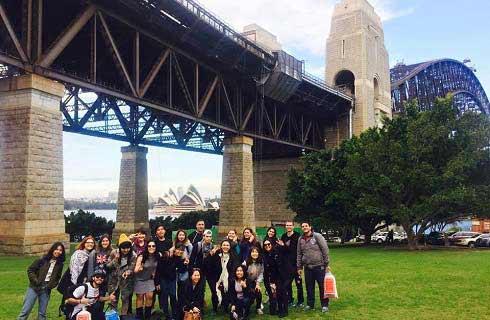
数学教育研究生文凭
学历文凭
Graduate Diploma
开学日期
课程费用总额


环境/可持续发展教育研究生文凭
学历文凭
Graduate Diploma
开学日期
课程费用总额


城市环境教育研究生文凭
学历文凭
Graduate Diploma
开学日期
课程费用总额

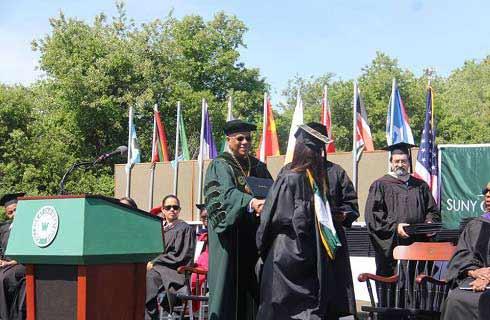
幼儿教育研究生文凭
学历文凭
Graduate Diploma
开学日期
课程费用总额

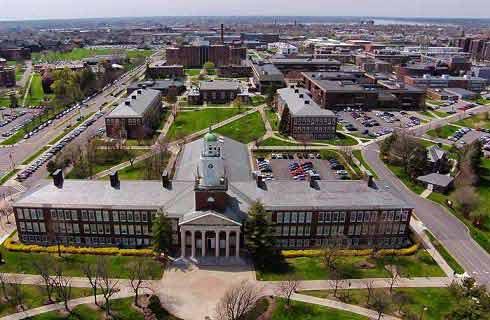
视觉艺术哲学博士
学历文凭
Ph.D.
开学日期
课程费用总额

其他相关课程

Master of Arts in Global Governance
 滑铁卢大学
滑铁卢大学学历文凭
Masters Degree
开学日期
课程费用总额

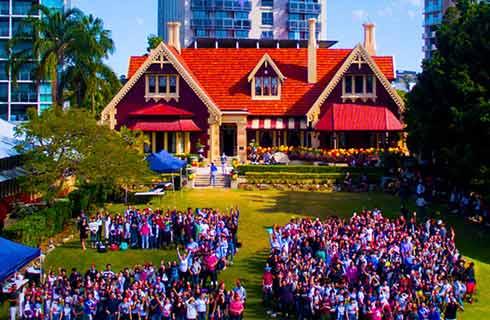
卫生研究(荣誉)理学学士
 滑铁卢大学
滑铁卢大学学历文凭
Bachelor Degree with Honours
开学日期
课程费用总额

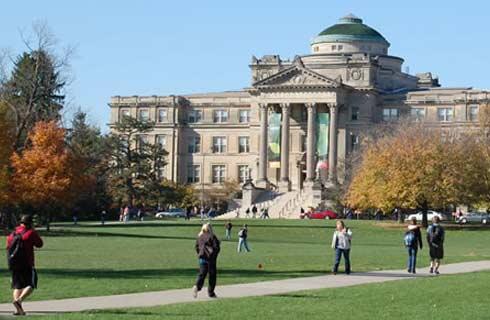
社区卫生和流行病学理学硕士
 达尔豪斯大学
达尔豪斯大学学历文凭
Masters Degree
开学日期
课程费用总额


健康科学学士
 达尔豪斯大学
达尔豪斯大学学历文凭
Bachelor Degree
开学日期
课程费用总额

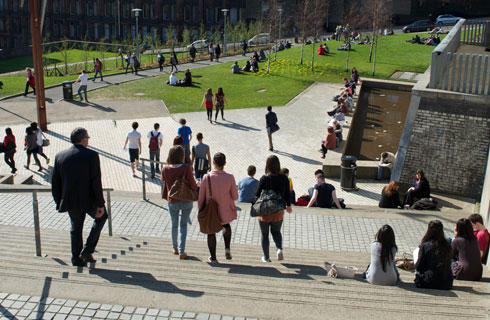
性别与妇女研究文学士学位
 达尔豪斯大学
达尔豪斯大学学历文凭
Bachelor Degree
开学日期
课程费用总额


土著研究哲学博士
 特伦特大学
特伦特大学学历文凭
Ph.D.
开学日期
课程费用总额










